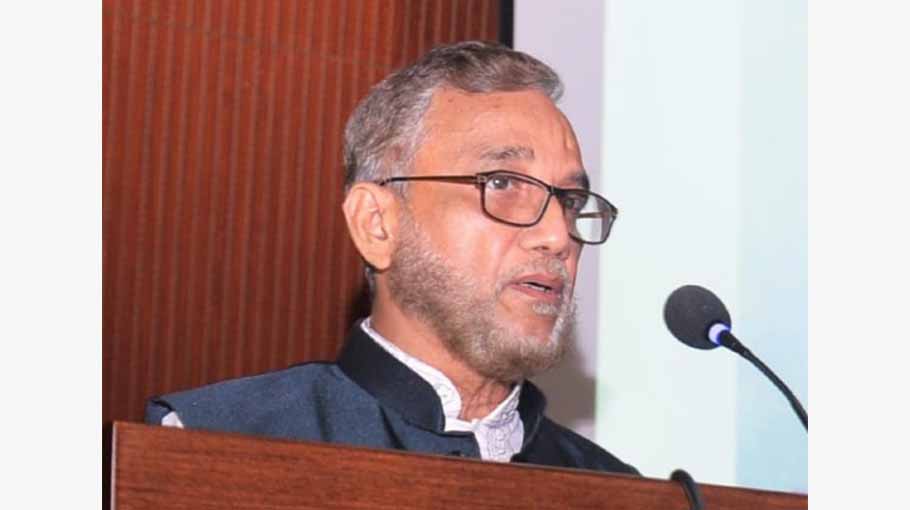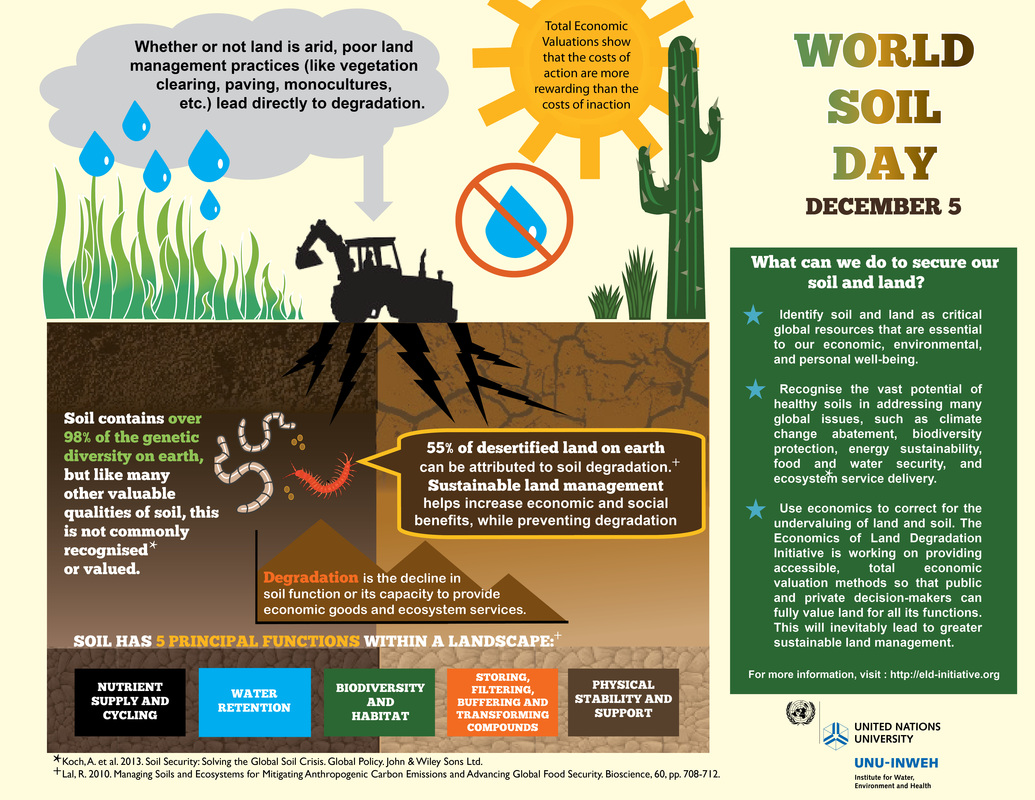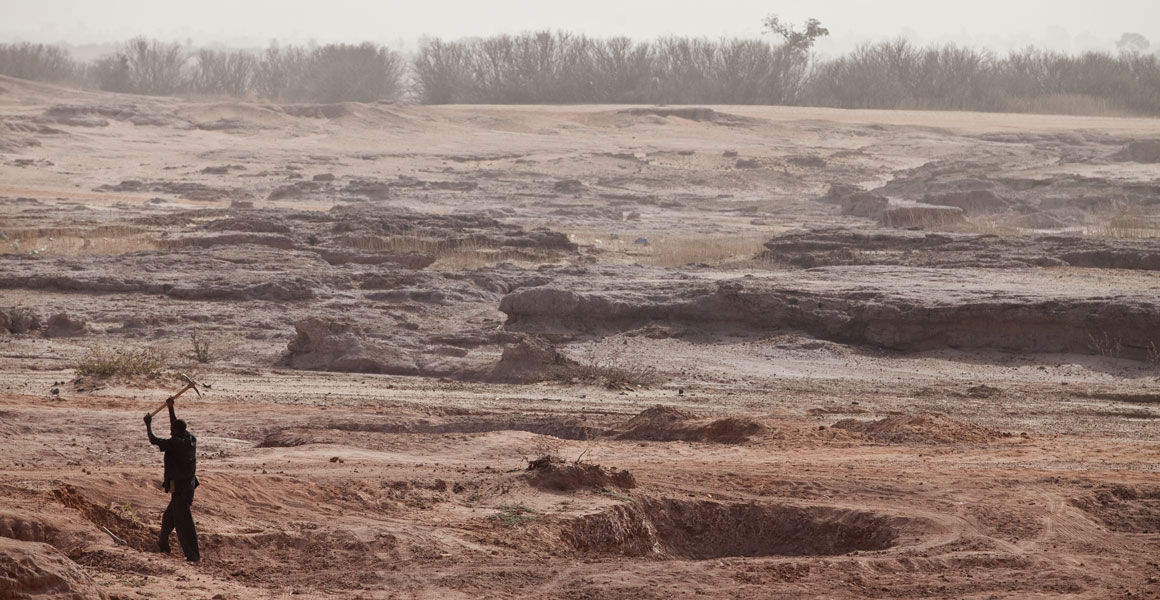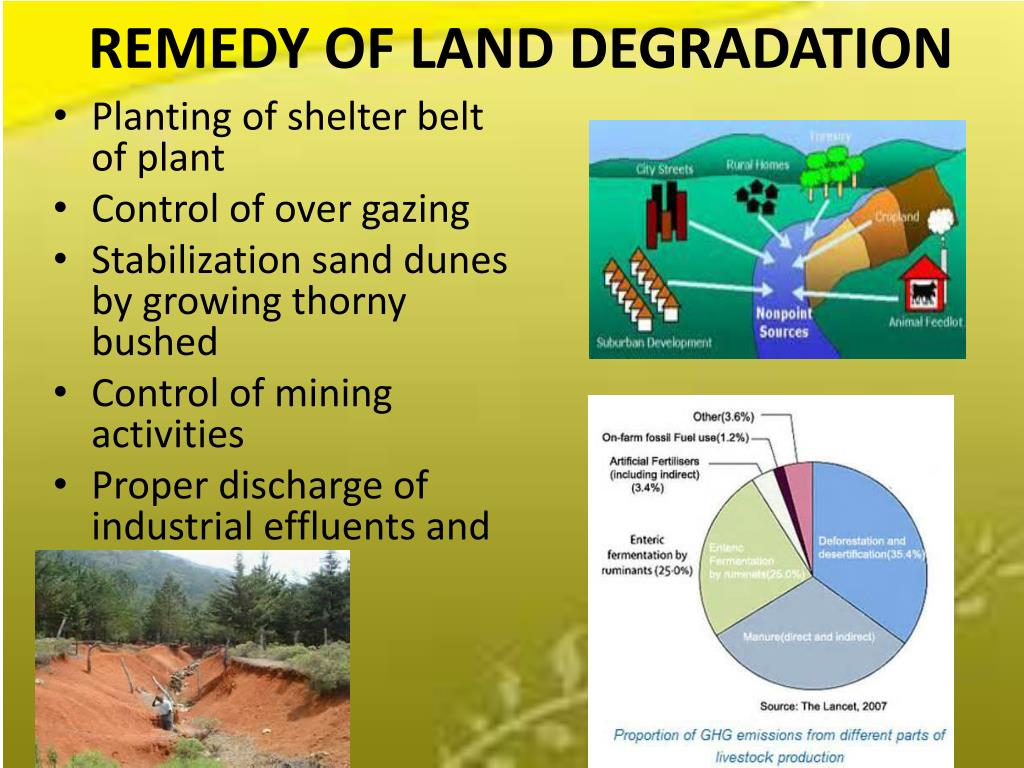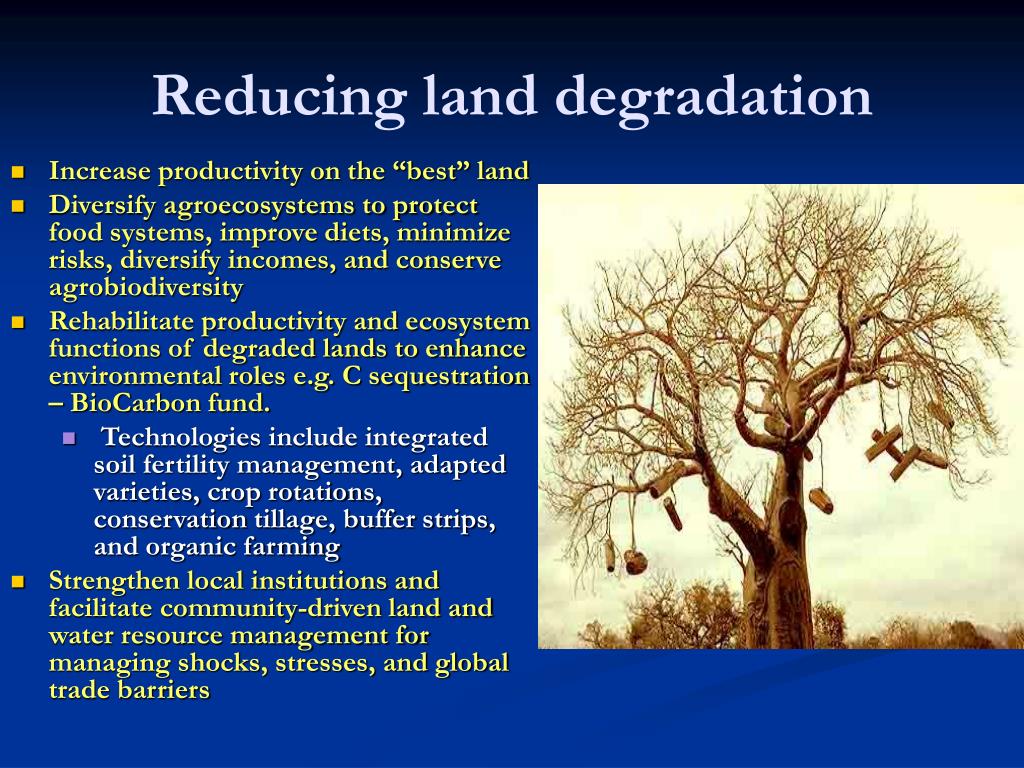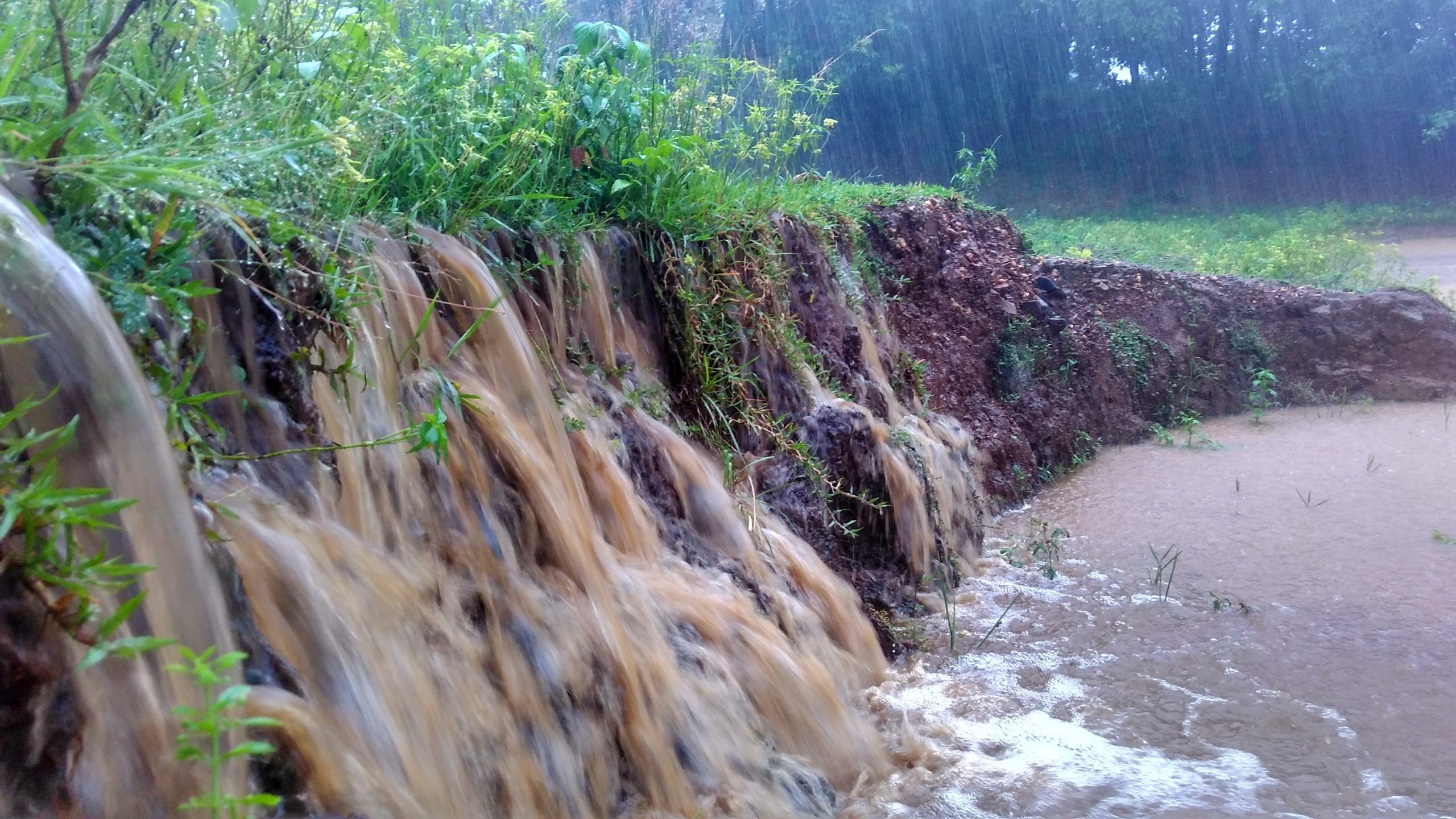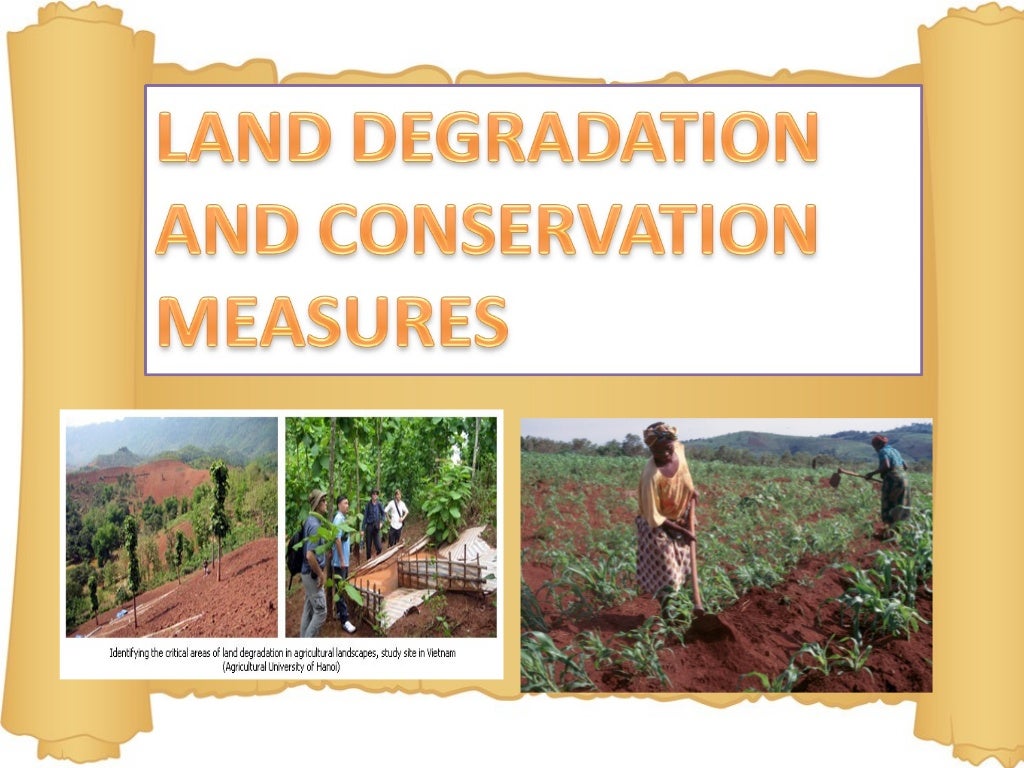Wonderful Info About How To Prevent Land Degradation
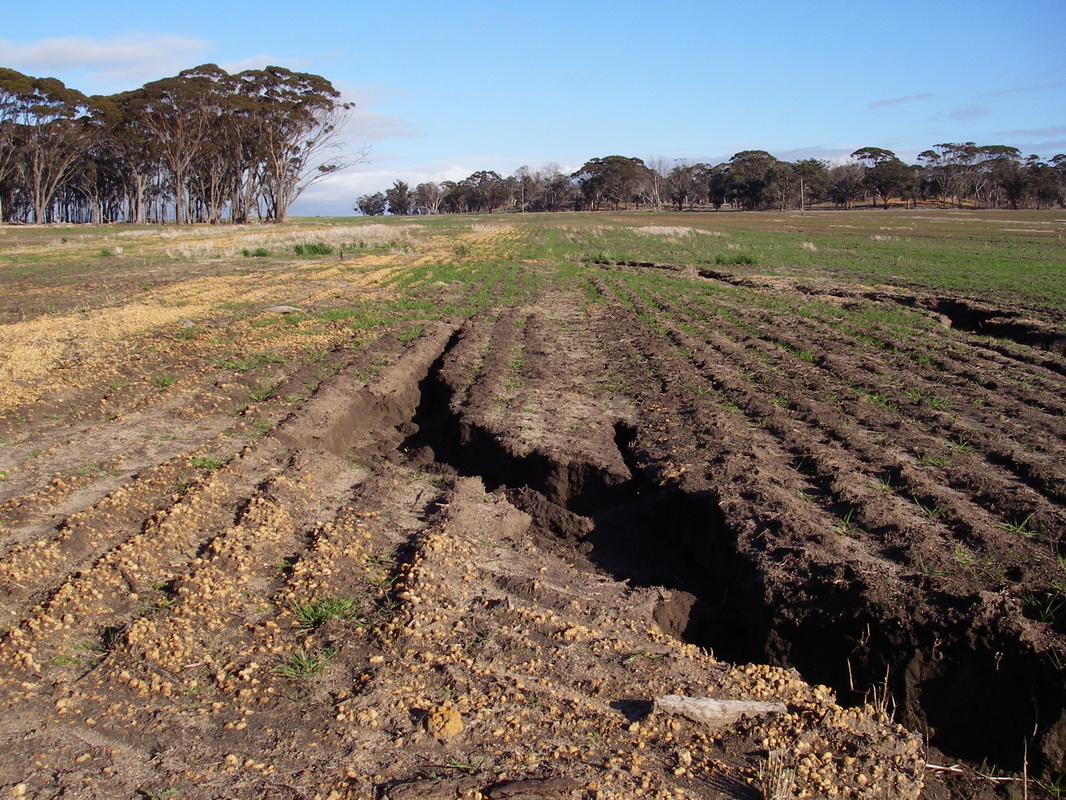
The effects of soil degradation can often be mitigated, prevented and even reversed through the use of sustainable farming techniques and.
How to prevent land degradation. Following are some practises for controlling land degradation: Land degradation—the deterioration or loss of the productive capacity of the soils for present and future—is a global challenge that affects everyone through food. Planting more trees helps in preventing soil erosion because tree roots hold the soil tightly thereby decreasing the.
While water erosion continues to be the most serious cause of soil degradation globally, innovative strategies that remediate important soil functions can restore the productivity. The underlying principle with land degradation neutrality is security of all stakeholders which includes ecosystem, climate, human, food, energy, water and urban security. Land degradation is the persistent reduction in the capacity of the land to support human and other life on earth 1.
As land is degraded and deserts expand in some places, food. These include water, shade, the prevention of soil erosion and the retention of moisture in the soil. It is & practice in which cultivated crops.
An overview of land degradation, desertification and sustainable land management using gis and remote sensing. In addition to their economic benefits, these measures improve water retention and availability, prevent soil erosion. A limit that was “safe” for earth overall and a “safe and just” limit that would do “no significant harm”.
Scienze fisiche e naturali. A) the provision of capacity building and policy solutions to land. To prevent land degradation, treat the land like it matters | world vision australia.
Human dominance of land and its natural. How do we stop soil degradation? Ways to stop land degradation are:
It is less able to provide ecosystem services; Land degradation and desertification can affect human health through complex pathways. Good practices can involve terrace and contour farming, conserving and restoring watersheds, and rainwater harvesting and storage.
But it's the people living in poverty who pay the most.
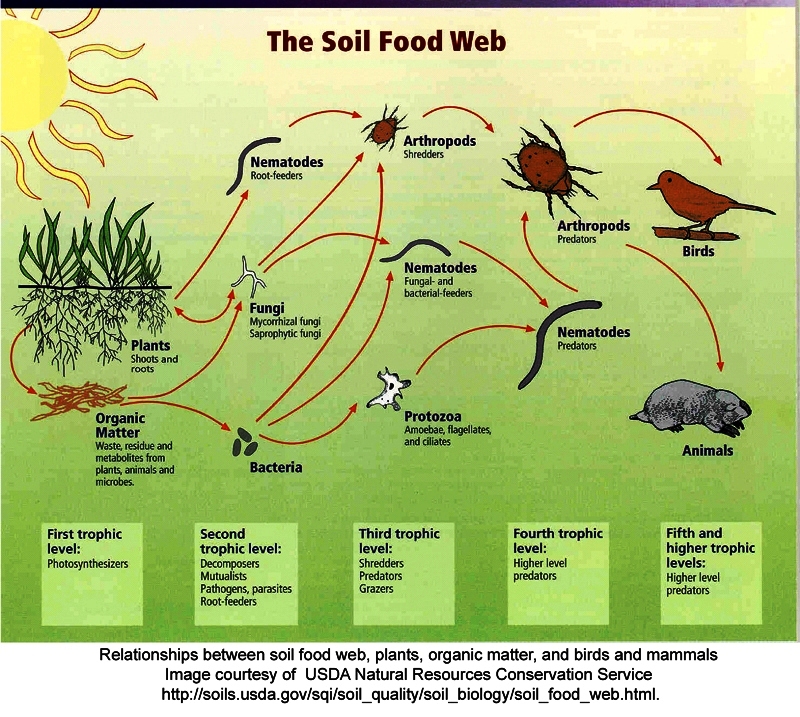
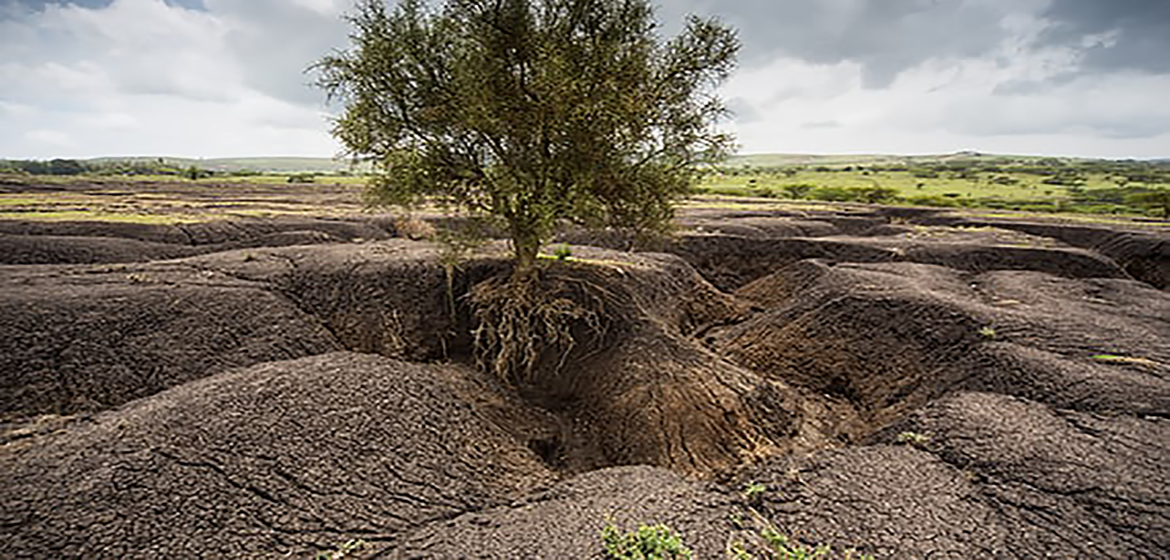

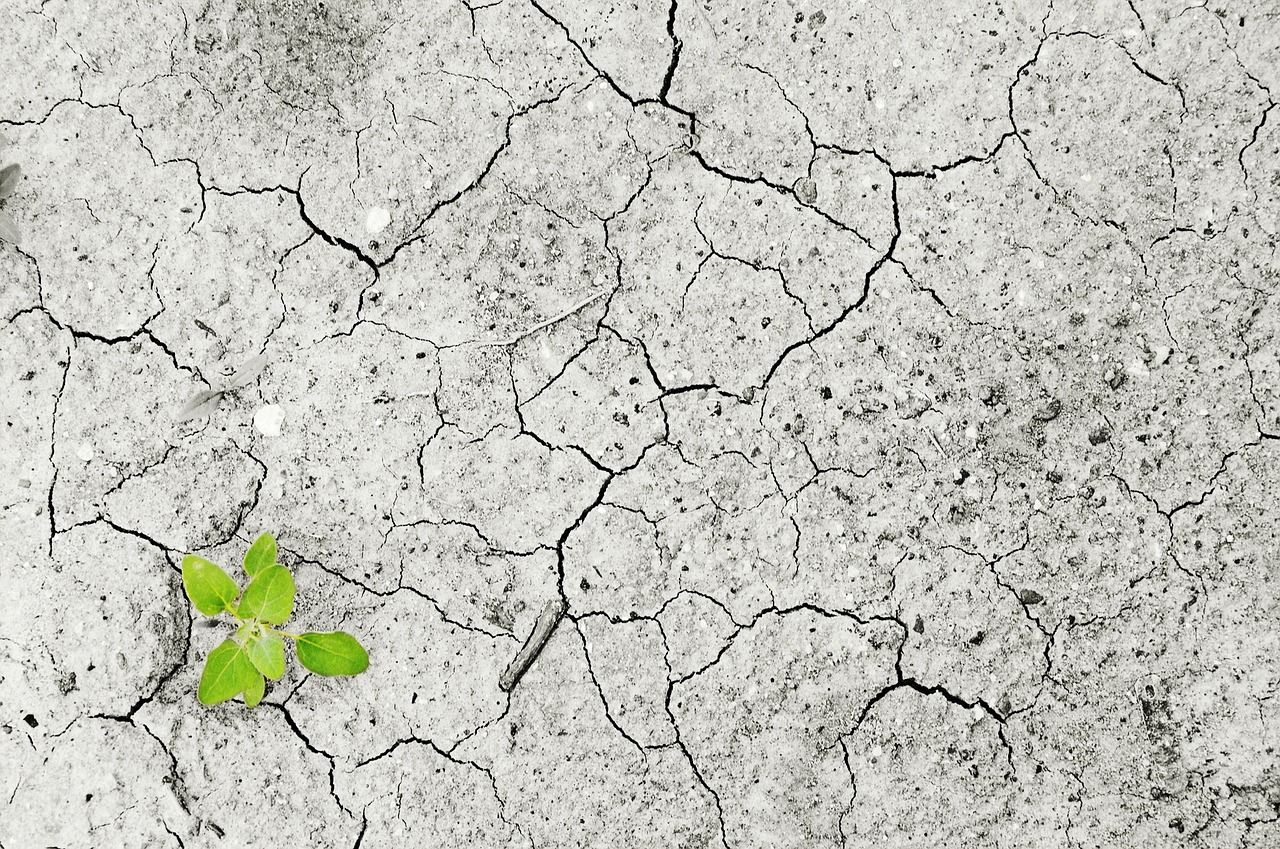
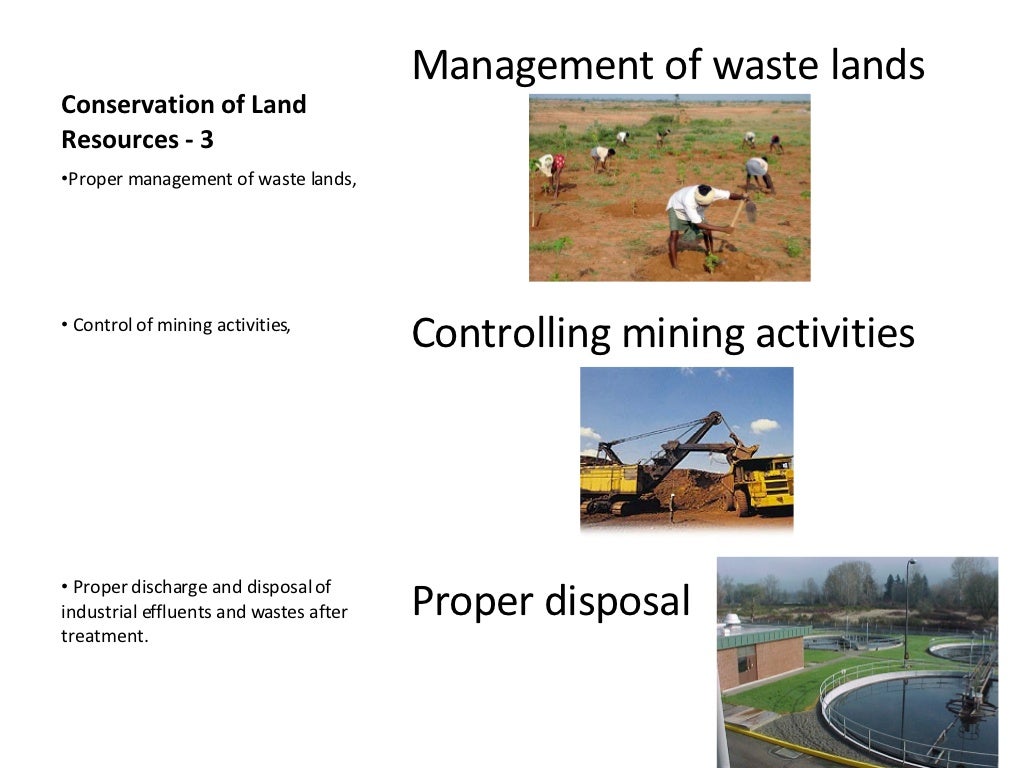
![[Resources and Development] Measures of Conservation Teachoo](https://d1avenlh0i1xmr.cloudfront.net/large/819c9ada-9dc0-4193-9d84-4e737e4eb5fd/ways-to-prevent-land-degradation---teachoo.jpg)


